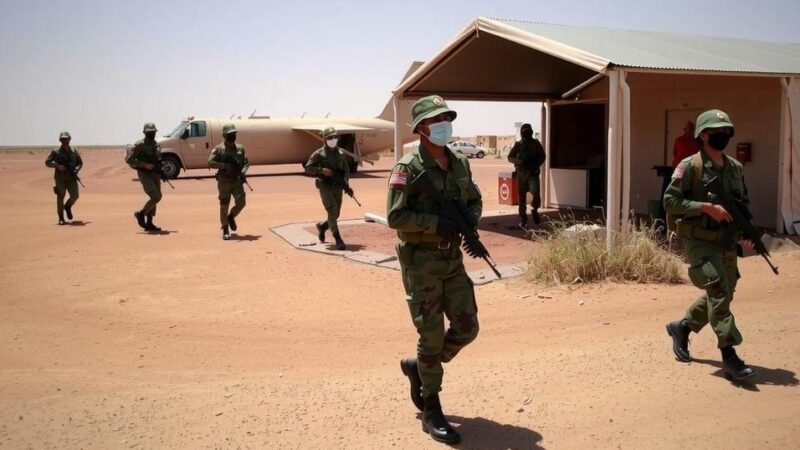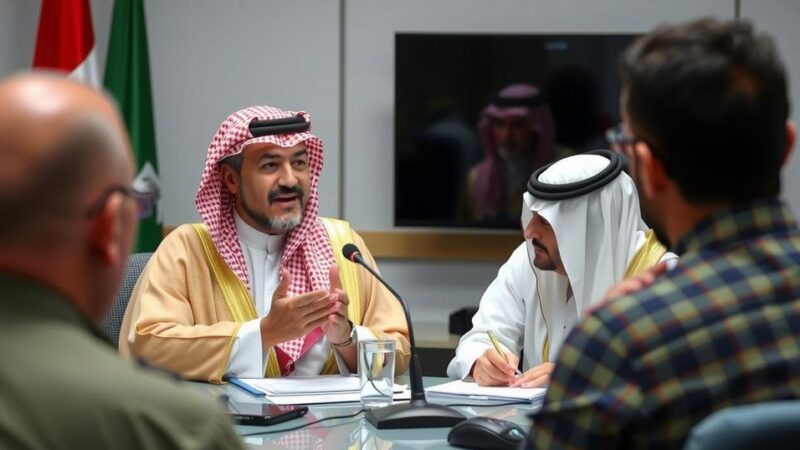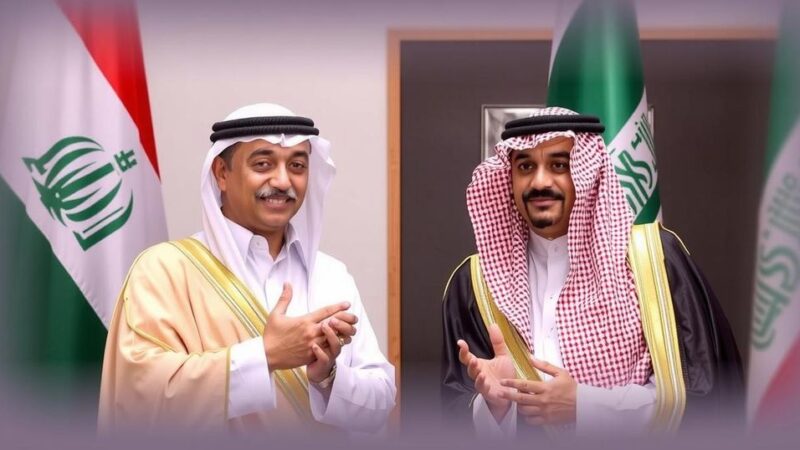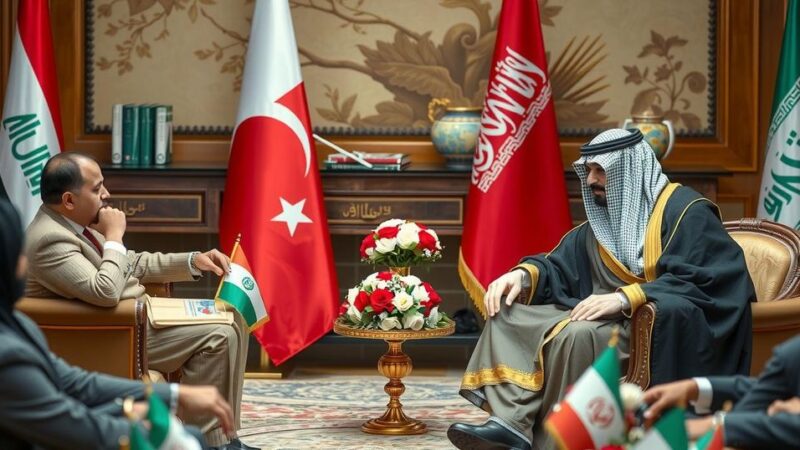Iran’s Supreme Leader, Ayatollah Ali Khamenei, stated that young Syrians would resist the formation of a new government following Assad’s removal, attributing this resistance to U.S. and Israeli interference. He rejected claims of Iranian proxy involvement, emphasizing local convictions. Khamenei’s comments come amid regional setbacks for Iran and its allies, aiming to inspire loyalty among Syrian youth against foreign influence.
On December 22, 2024, Iranian Supreme Leader Ayatollah Ali Khamenei proclaimed that the youth of Syria would resist the newly formed government following the anticipated fall of President Bashar Assad. During a meeting in Tehran, Khamenei claimed that these young individuals, feeling insecure and disenfranchised, have nothing left to lose. He attributed the unrest primarily to the interference of the United States and Israel, accusing them of exploiting the situation for their own gain. Khamenei expressed hope that Syrian youth would unite against those orchestrating their insecurity and asserted that Iranian support for such resistance remains steadfast. He further dismissed the notion that militant factions affiliated with Iran act as proxies, emphasizing that their actions stem from their convictions.
Khamenei’s remarks come amid significant regional developments as Iran’s alignments have been challenged by military actions against militant groups such as Hamas and Hezbollah. The Supreme Leader’s statement reflects Iran’s continuing acknowledgment of its vested interest in Syria, which has served as a critical support line for Hezbollah throughout the protracted civil conflict.
In conclusion, Khamenei’s assertions reiterate Iran’s commitment to supporting those who oppose external interference in Syria. By framing the conflict as a struggle against foreign intervention led by the U.S. and Israel, he aims to bolster resolve among Syrian youth and those within Iran’s influence in the region.
Iran’s involvement in Syria has been crucial throughout the ongoing civil war, which began in 2011 after widespread protests against President Bashar Assad. In an effort to suppress these protests, Assad implemented extreme measures, leading to a protracted conflict that has attracted various international actors, including Iran, which has supported Assad militarily and economically. Iran’s strategic interest in Syria is linked to the geostrategic corridor it maintains to the Lebanese Hezbollah, providing military and financial support. Ayatollah Khamenei’s latest comments are indicative of his view on the broader regional conflict, where he perceives a threat from both the U.S. and Israel, which he accuses of attempting to destabilize Tehran’s allies.
Ayatollah Ali Khamenei’s recent statements highlight Iran’s unwavering support for the youth of Syria in their expected resistance against a new government emerging post-Assad. By framing their struggle against perceived foreign adversaries, Khamenei aims to galvanize both the youth and broader support for Iranian-backed forces. This rhetoric not only underscores Iran’s strategic interests in Syria but also reflects ongoing tensions in the region concerning external influences and domestic resistance.
Original Source: apnews.com







